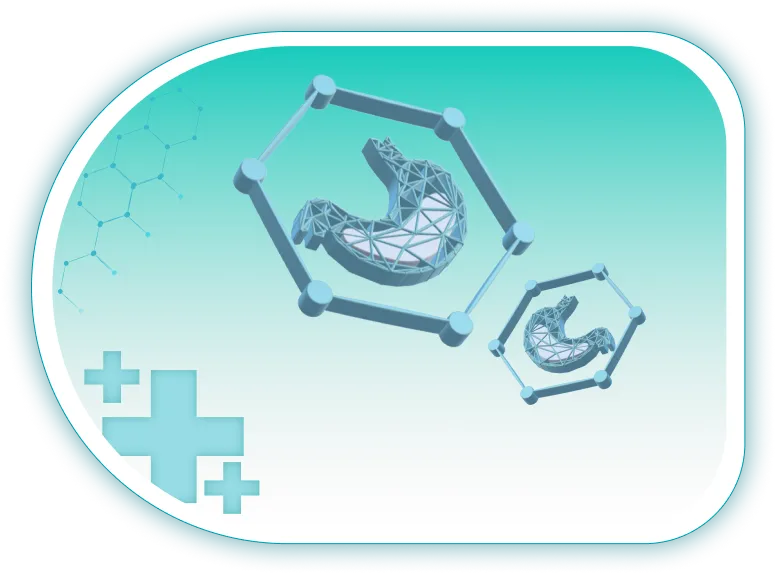
Dr. Sebastian Cuzincu
Gastroenterology and Internal Medicine





Feeling uncomfortable with excess gas, bloating, or a distended abdomen? Abdominal gas and bloating are common digestive issues caused by factors like diet, stress, or underlying conditions. At German Medical Center, our specialists offer targeted treatments to help relieve discomfort, identify triggers, and restore balance to your digestive system. Don’t let bloating affect your life—get the care you need for fast relief and lasting comfort.
By booking an appointment with German Medical Center.
Our team of experts are passionate about providing only the best quality care and treatment to their patients.

Gastroenterology and Internal Medicine
Abdominal gas and bloating are common digestive issues that can cause discomfort and embarrassment. These conditions occur when gas builds up in the intestines, causing the abdomen to become swollen and distended. The symptoms of abdominal gas and bloating can vary from person to person, but they may include:
These symptoms may be temporary or chronic, depending on the underlying cause. In some cases, they may be accompanied by other symptoms such as diarrhea, constipation, or changes in bowel habits. If you experience these symptoms regularly or they are severe, it’s important to seek medical attention to identify the underlying cause and determine the best course of treatment.
Abdominal gas and bloating can be caused by a variety of factors, including:
It’s important to identify the underlying cause of abdominal gas and bloating in order to determine the appropriate treatment. If you experience these symptoms regularly or they are severe, it’s important to seek medical attention to identify the underlying cause and determine the best course of treatment.
The bloated stomach treatment will depend on the underlying cause. Some treatment options may include:
It’s important to talk to your doctor about your symptoms and to follow their recommended course of treatment. Some home remedies, such as drinking herbal teas or using heat therapy, may also be helpful in relieving abdominal gas and bloating. However, if your symptoms persist or worsen, it’s important to seek medical attention to rule out any serious underlying conditions.
If you are experiencing constipation, it is important to seek medical treatment for constipation from a qualified healthcare...
The symptoms of stool with blood and pain, also known as rectal bleeding, can vary depending on the underlying cause....
Jaundice is a medical condition that occurs when the level of bilirubin, a yellowish pigment produced during the breakdown of red...
No results found.

Partner with:
Partner with:


German Medical Center is one of the leading medical institution in Dubai formed by a group of specialists who are passionate about providing the personalized care tailored to the patient's unique needs.
Fill out our easy online form to book an appointment with German Medical Center. Our team of experts is dedicated to providing you with personalized care and guidance every step of the way. Don't wait, take charge of your well-being and schedule your appointment now!